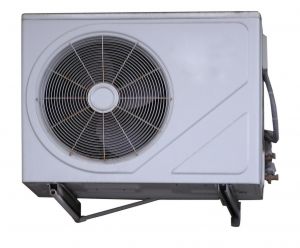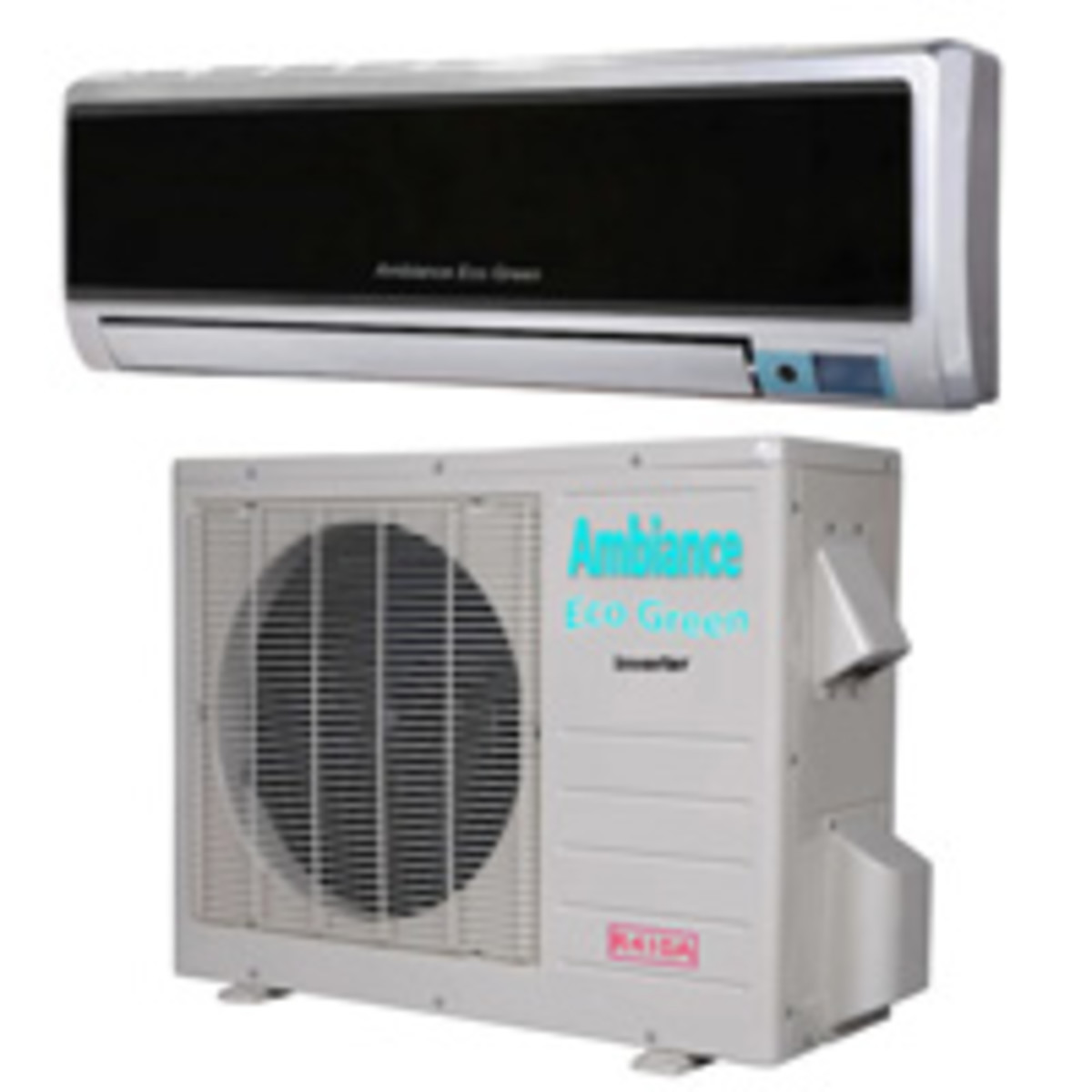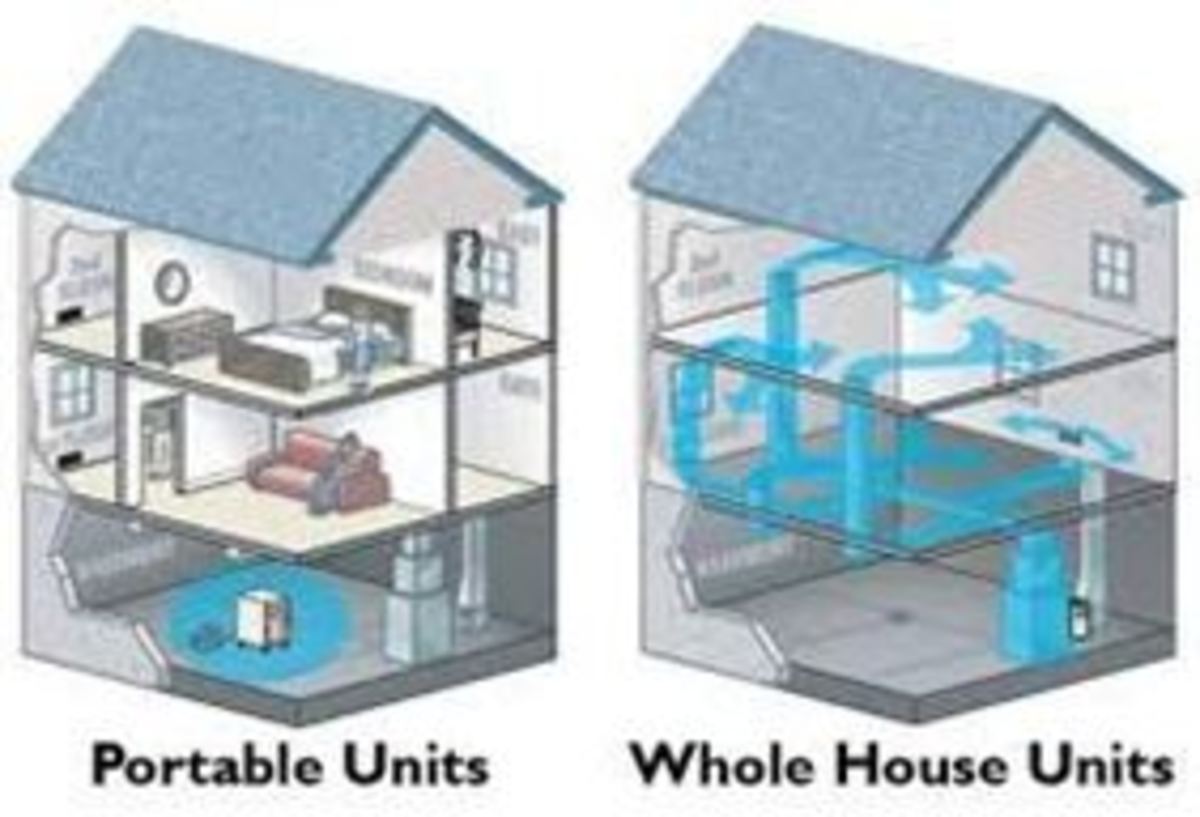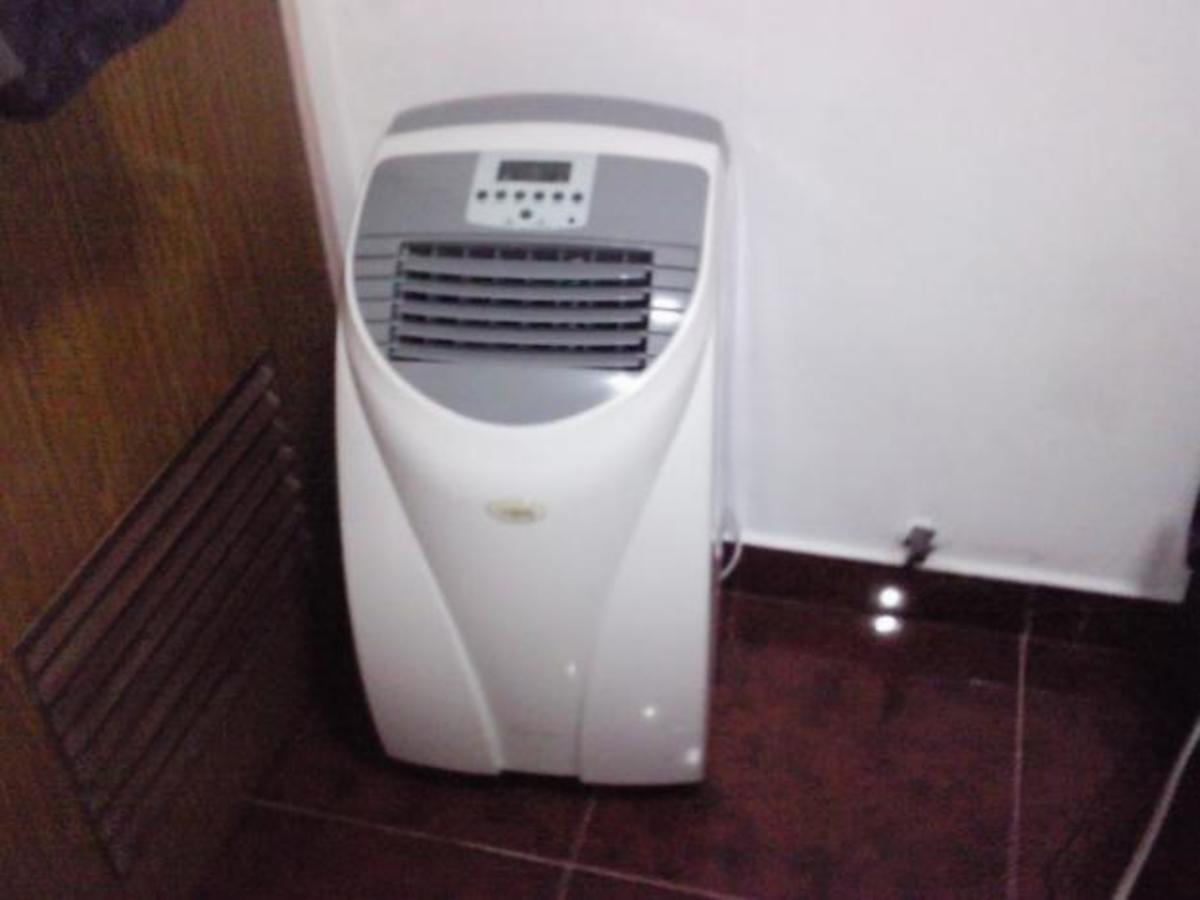Home HVAC Repair
To begin, exactly what is HVAC? It's an acronym that stands for heating, ventilating and air conditioning.
HVAC repair is not something that can be covered in one simple article, because of the myriad of things that can go wrong with today's office or home air conditioning systems.
What I want to do in this article is explain how to avoid many of the air conditioning repairs that can come up, by demonstrating simple preventative maintenance that almost anyone can do. And if you do need an air conditioning repair service, I'll give you a couple pointers on finding a good air conditioning contractor.
First, all air conditioners will eventually break down. They are like any other appliance and have a certain useful life. However, many break down before their time, due to owner neglect or ignorance. In other words, many air conditioning problems can be avoided.

Air Conditioning Maintenance
How often do you change your air conditioning filter?
Other Home Related Sites
- Home Inspection Checklist
Doing a residential home inspection before you purchase is certainly good advice. It doesn't matter whether it's your first home or your tenth, personal residence or investment property, applying a good home...
Let's start first with the outside condenser unit. This is the part that usually houses the condenser fan, the coils and the compressor. Listen to the condenser fan and make sure that it's running smoothly. You should hear no additional noise like clanking or grinding or the sound of bearings going bad. You can also usually look in through the top of the air conditioner and see at least somewhat, whether the coils around the sides of the unit are starting to get dirty or clogged. And while we're on the topic of the outside unit, one of the simplest things anyone can do is to make sure that air conditioner is not cut off from fresh air. If you have a lot of plants around your air conditioner, it can cause it to overheat, thus cutting into its useful life. So make sure when you're doing your yard work, to trim all plants around the air conditioner.
Also, if you are having any work done on your home, exterior painting, roof cleaning or anything that could stir up a lot of foreign materials that could get into the coils, it's best to cover the air conditioner while this work is being done. (Of course, you don't run the unit during the time that it's covered.)
While we're still outside, it also good to check the condensate line. This is usually a PVC pipe that is dripping from water that comes from the pan under the evaporator generated by running the air conditioner. A clogged condensation line on your AC unit will push water back into the pan and overflow the inside condenser unit. This makes a mess if it's in the garage and it's a bigger mess if it's in your attic. Make sure that the condensate line that is outside is dripping and isn't clogged.
Another thought with regard to the outside unit is to consider adding a time delay relay. (TDR) What this does is keep the unit from short cycling during storms and power outages. If your air conditioner is running and the power cuts off, then back on right away, it causes the unit to short cycle and can be very hard on it. If this happens several times in a short period, it can cause you real problems. A TDR shuts down the compressor the first time the power is hit and cycles it off for a certain period of time, usually around five minutes, before the compressor will come back on. TDR's are also good if you're a landlord and have a vengeful tenant who turns the thermostat on and off (thereby short-cycling the unit) because they're displeased with you. (Or so I've heard)
Let's move now to the inside part of the air conditioner, also known as the inside condenser unit. This normally houses the evaporator coils and the blower. There is not too much that the average homeowner can do here, as most of this requires a knowledgeable air conditioning contractor to check out. However, if you're handy and know what you are doing, you can check to see if there is a reusable filter in the inside condenser unit. If so, you could remove, clean and replace it. You should also be able to see the evaporator coils and you determine if they're dirty and need to be cleaned.
Now to the part that is neglected more often than any other when it comes to simple air conditioning maintenance, the a/c filters. I would see dirty a/c filters more than 80% of the time when I was showing property as a Realtor. It's an area that people just don't think about. When they do think about it, they usually skimp of the air conditioning filters, buying the cheapest ones.
The a/c filter is supposed to trap dirt from your home that would normally get into the unit. The worse the filter, the less dirt that gets caught and the more that gets through to the coils. The simple cheap fiberglass filters are the worst and usually only stop bigger objects like pots and pans, baseball bats and little boys in blue shorts. This is one area where you don't want to skimp on the price. Get the better filters that are designed to stop or at least reduce pollen, mold spores, dust mite debris, pet dander and more. The way to do this is look on the package and compare its ASHRAE rating. (ASHRAE stands for American Society of Heating, Refrigerating, and Air Conditioning Engineers.) The air filter industry has adopted the standards set by ASHRAE for describing the effectiveness of air filter media. A later ASHRAE standard, has refined the testing procedure and assigns filters a Minimum Efficiency Reporting Value (or MERV) rating, based on the efficiency at various particle sizes and airflow rates. I would look for a filter with a MERV rating of 6-8. The higher the rating, the better the filter. MERV ratings go up higher than 8, with the highest ratings necessary only if you are going to be doing surgery in your living room. Please scroll down to see a short video on how to change an air conditioning filter.
While the unit is running, put your hand in front of the vent and see if it feels cools. If you aren't good at this, you could buy a digital thermometer and check the actual temperature that way.
Now with all this said, you should never attempt you own home air conditioner repair unless you know exactly what you're doing. The reasons for this should be obvious, but I'll list a few anyway. First, you are dealing with electricity. That's enough said right there. Never mess with electricity if you don't know what you're doing. Next, the lines that make up an air conditioner are under high pressure. So, if you have a problem and need a qualified central air conditioning repair technician, here are a couple of tips.
I never hire any contractor unless someone I know refers them. There are good and bad air conditioning contractors and the bad ones look like the good ones when they are just standing there. Whether you have someone referred to you or not, it's always a good idea to check out whoever you're considering using by doing a search about them or their company on the Internet. There is wealth of information on the Web and if someone has had a bad experience with a particular air conditioning contractor, it's usually not that hard to find, with just a little research.
I hope you found many of these tips helpful and you can use them to prolong the life of you air conditioning unit. Stay cool!
I also want to give a special thanks to Michal Zacharzewski, SXC for the great air conditioner photo at the top.
How To Change An Air Conditioning Filter
Other Home Related Sites
- Home Inspection Checklist
Doing a residential home inspection before you purchase is certainly good advice. Here is a comprehensive checklist covering many of the items you need to check when buying a home.



